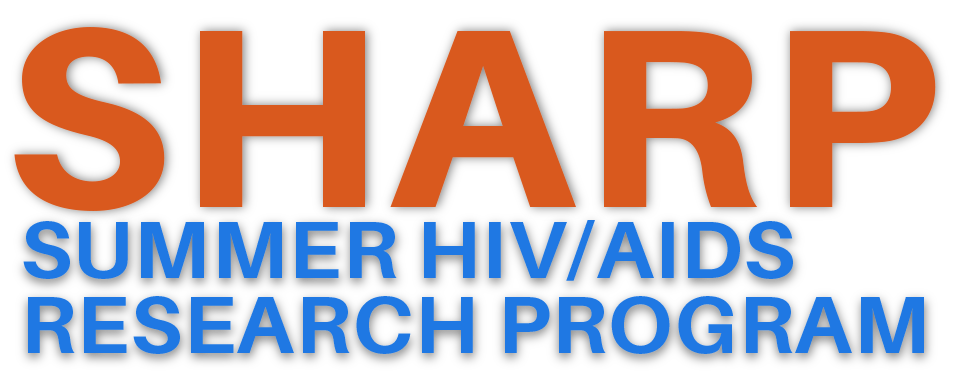Each SHARP scholar is matched with a mentor team, with whom they work throughout the summer. These mentors provide guidance on the scholar’s project, serve as a sounding board for the scholar’s educational career and goals, and provide coaching on how to work in a public health research environment.
-
Angelo “Asa” Clemenzi-Allen, MD
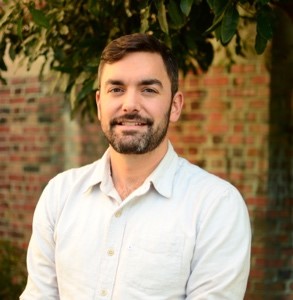
Angelo “Asa” Clemenzi-Allen, MD is Director of the HIV and Integrate Services, which includes the Ryan White Center of Excellence and HIV prevention services at the San Francisco Department of Public Health. For over 20 years, the clinical program had served people living with HIV who are incarcerated in San Francisco County jails, a population consisting of approximately 300-350 individuals annually. Additionally, Dr Clemenzi-Allen is an Assistant Clinical Professor of Medicine (Volunteer) within the Division of HIV, Infectious Diseases and Global Medicine at the San Francisco General Hospital. Within both of these clinical roles, Dr Clemenzi-Allen focuses on implementation research that aims to evaluate low-barrier, multi-component interventions that improve care cascade outcomes for people experiencing homelessness and criminally justice involved people living with HIV.
-
Annesa Flentje, PhD
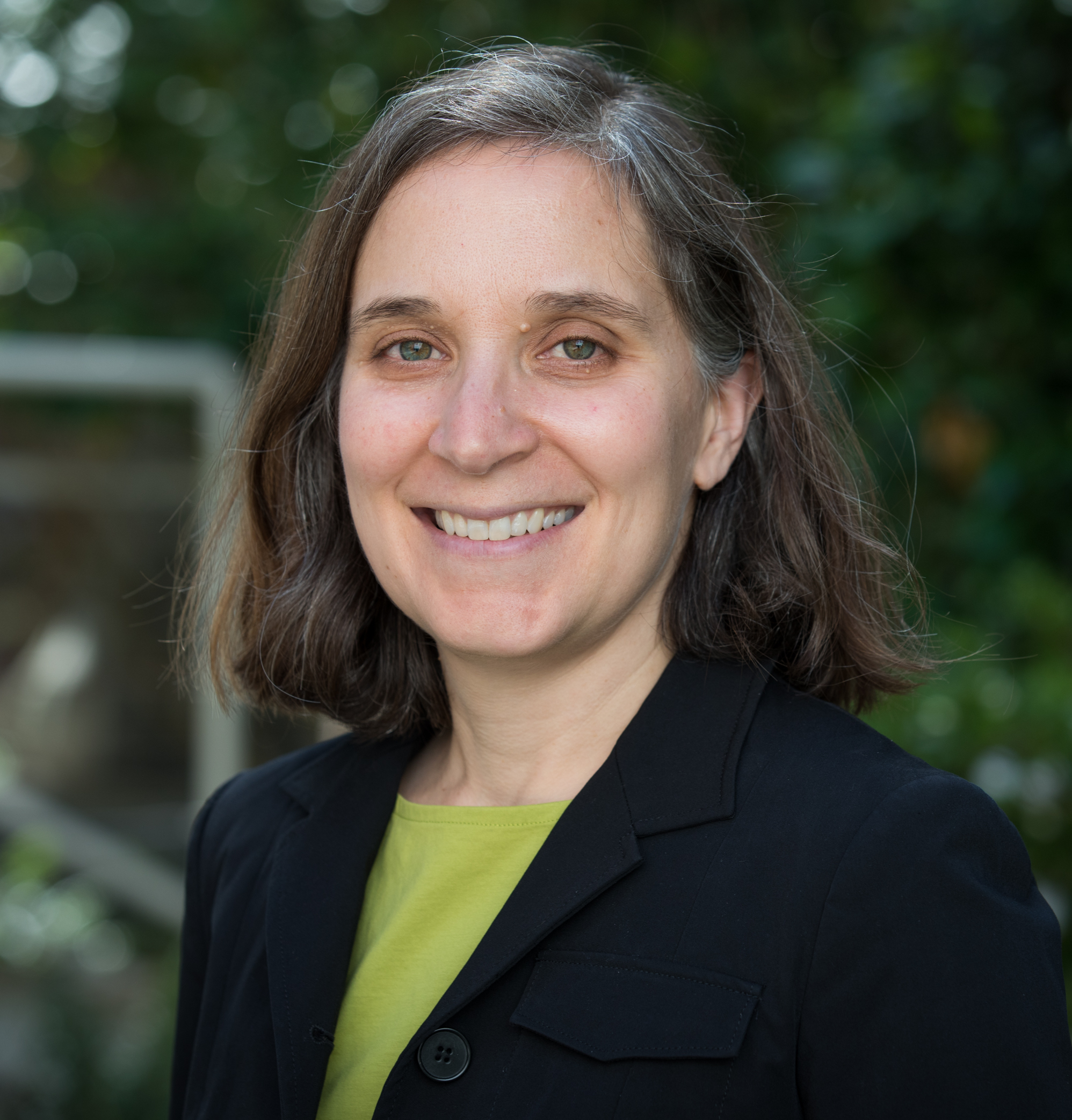
Annesa Flentje, PhD is an Associate Professor in the department of Community Health Systems at UCSF. Her career has been devoted to conducting impactful research in the field of LGBTQIA+ health. Her work spans various topics, including minority stress, biological underpinnings of stress, epigenetics, gene expression, substance use, trauma, and intersectionality. Through her research publications, she has explored the challenges faced by sexual and gender minority populations in healthcare settings, the impact of minority stress on physical and mental health, and interventions to promote resilience within LGBTQIA+ communities.
In recognition of her contributions to the field, she was honored with the Sexual and Gender Minority Research Investigator Award from the National Institutes of Health. She has served as the Principal Investigator on several projects sponsored by NIH and other prestigious organizations, investigating the intersection of sex, gender, and substance use, and the epigenetic underpinnings of stress among LGBTQIA+ people.Her educational journey includes a Ph.D. in Clinical Psychology from The University of Montana, followed by a Clinical Psychology Fellowship and Postdoctoral Fellowship in Drug Abuse Treatment Services Research at UCSF, where she further honed my expertise in the field of LGBTQIA+ health.2024 Mentor of the Year -
Holly Nishimura, PhD, MPH
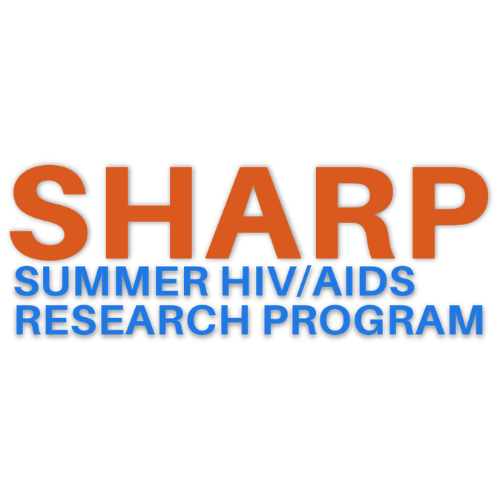
Holly Nishimura, PhD, MPH, received her PhD from the Department of International Health from the Johns Hopkins Bloomberg School of Public Health. Dr. Nishimura’s research interests include understanding the social and structural factors that contribute to inequalities in health outcomes globally, with a particular focus on gender and economic inequalities. She is also actively engaged in efforts to decolonize global health and improve equity and inclusion in academia. Her dissertation research used a mixed methods approach to understand the relationship between transactional sex and HIV among men in Rakai, Uganda.
Dr. Nishimura received the Fulbright-Fogarty and Ruth L. Kirschstein National Research Service Award (NRSA) from NIMH for her predoctoral training. Prior to entering the Ph.D. program, she received an M.P.H. in Maternal, Child, and Adolescent Health and B.A. in Integrative Biology from UC Berkeley. As a TAPS fellow, she is primarily working with Dr. Carol Camlin on the Owete study, which uses a social network approach to promote HIV self-testing and linkage to care among fishermen in Kenya. She is also working with Drs. Sheri Lippman, Marguerita Lightfoot on the Black Economic Equity Movement project, a guaranteed income intervention for black young adults in Oakland and San Francisco.
-
James Michael Brennan, PhD

James Michael Brennan, PhD (he/him/they/them) is a clinical psychologist in the Trans Health Clinic at the San Francisco VA Medical Center (SFVAMC). In this role, he serves in clinical, research, and educational capacities, focused on care of transgender and gender 54 diverse veterans, development and implementation of measurement-based care, and adaptation of evidence-based practice for marginalized populations. He also has an appointment as Adjunct Faculty at the University of San Francisco in the Masters of Public Health-Behavioral Health Program. Dr. Brennan earned his Ph.D. in Clinical Psychology with an emphasis in LGBTQ+ Health from the University of Montana. He completed his predoctoral training at the Southwest Consortium in Albuquerque, New Mexico. As the Stephen M. Rao postdoctoral resident in Interprofessional Health Care, he specialized in LGBTQ+ health care, serving LGBTQ+ veterans in the Trans Health Clinic, the Infectious Disease Clinic, and the Downtown Clinic at the SFVAHCS. Clinically, Dr. Brennan is trained in Acceptance and Commitment Therapy, Dialectical Behavior Therapy/Radically Open Dialectical Behavior Therapy, Cognitive Processing Therapy, Motivational Interviewing, and Integrated Behavioral Couples Therapy. Dr. Brennan supplements these modalities with experience in integrated behavioral health, behavioral medicine, and palliative care.
-
Matthew Spinelli, MD, MAS
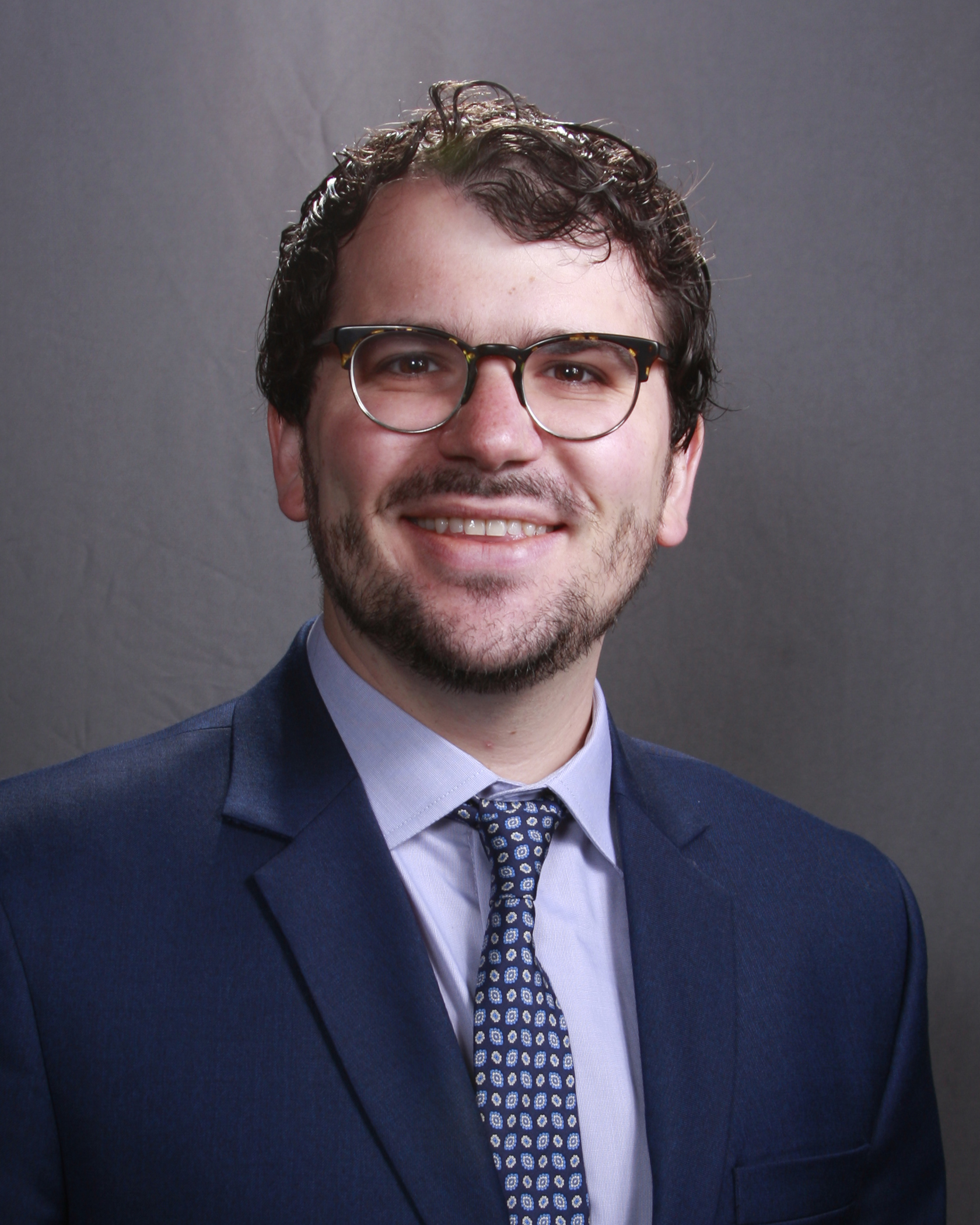 Matthew Spinelli, MD, MAS is a HIV/ID physician with training in implementation science methods who uses these approaches to support pre-exposure prophylaxis (PrEP) implementation, PrEP/HIV ART adherence, and PrEP persistence/HIV retention in care. A key tool they are using in this work is a point-of-care urine tenofovir test that can provide real-time adherence information to clinicians to drive adherence interventions. More recently, he lead projects on the intersection of the HIV and COVID-19 epidemics using epidemiological, translational, and sociobehavioral methods. In terms of educational initiatives, he is the co-director of the Implementation Science Short Course and the Individual-Level Intervention Design course in the UCSF Department of Epidemiology. Finally, he is a member of the Partnership for Research in Implementation Science for Equity, a collaboration between the SF Department of Public Health and UCSF that seeks to use implementation science methods to advance health equity.
Matthew Spinelli, MD, MAS is a HIV/ID physician with training in implementation science methods who uses these approaches to support pre-exposure prophylaxis (PrEP) implementation, PrEP/HIV ART adherence, and PrEP persistence/HIV retention in care. A key tool they are using in this work is a point-of-care urine tenofovir test that can provide real-time adherence information to clinicians to drive adherence interventions. More recently, he lead projects on the intersection of the HIV and COVID-19 epidemics using epidemiological, translational, and sociobehavioral methods. In terms of educational initiatives, he is the co-director of the Implementation Science Short Course and the Individual-Level Intervention Design course in the UCSF Department of Epidemiology. Finally, he is a member of the Partnership for Research in Implementation Science for Equity, a collaboration between the SF Department of Public Health and UCSF that seeks to use implementation science methods to advance health equity. -
Michelle Nakphong, PhD
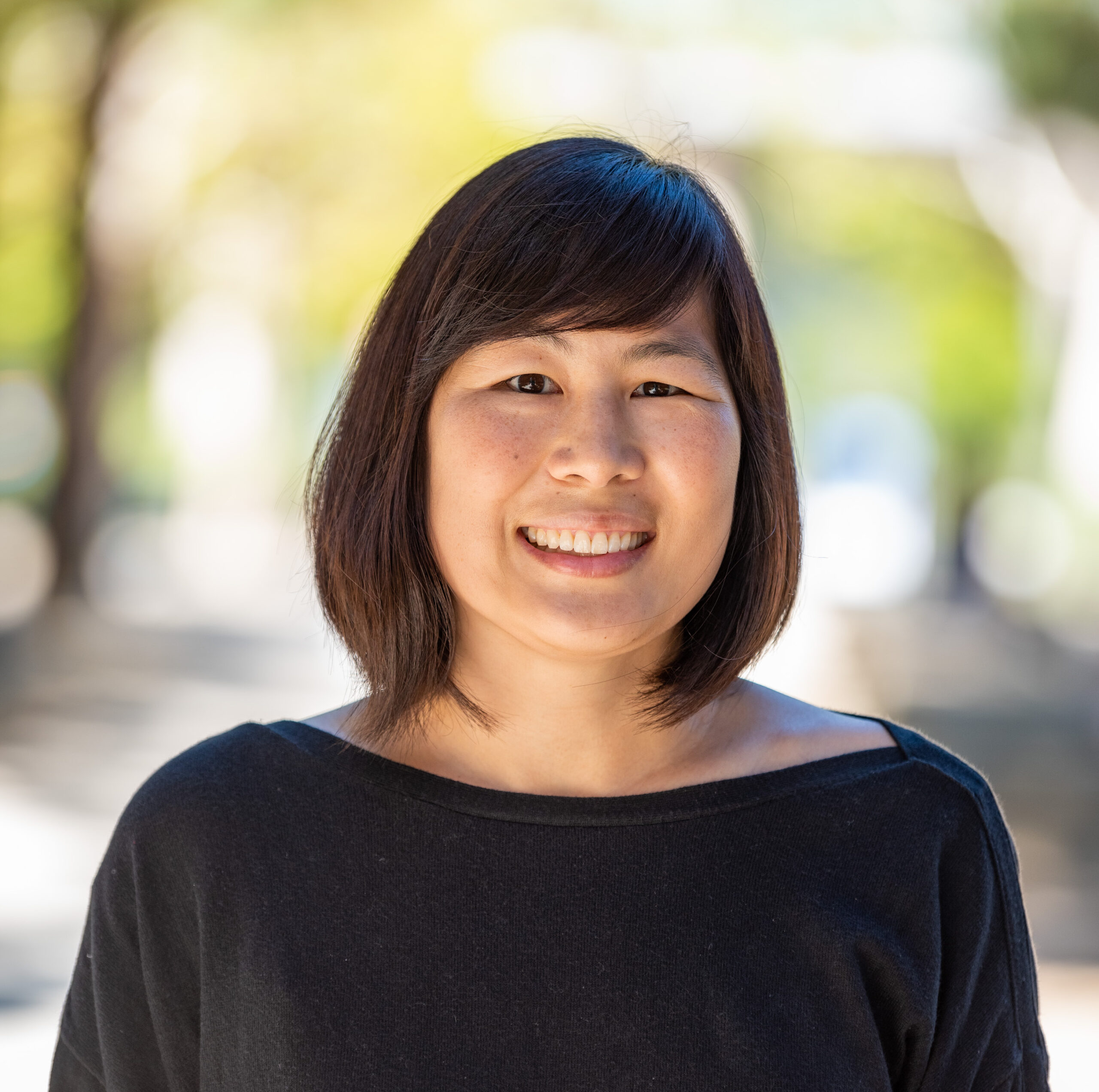
Michelle Nakphong is a social epidemiologist, and her research focuses on how social exclusion and inclusive policies impact the health of marginalized populations. Building on over 2 decades of community-based policy advocacy work, she strives to amplify voices from low-income and minoritized communities.
Her research addresses the core question: Can fostering social inclusion reduce health inequities? She builds from a social exclusion framework conceived by Naila Kabeer (2000) and take a structural and policy approach to examining people’s lived experiences. She uses quantitative and qualitative methods to illuminate the complex mechanisms that underlie health disparities including housing, immigrant policies, and sexual and reproductive health services. Ultimately, she aims to influence inclusive policymaking and programs to promote health equity.
-
Nadra Lisha, PhD
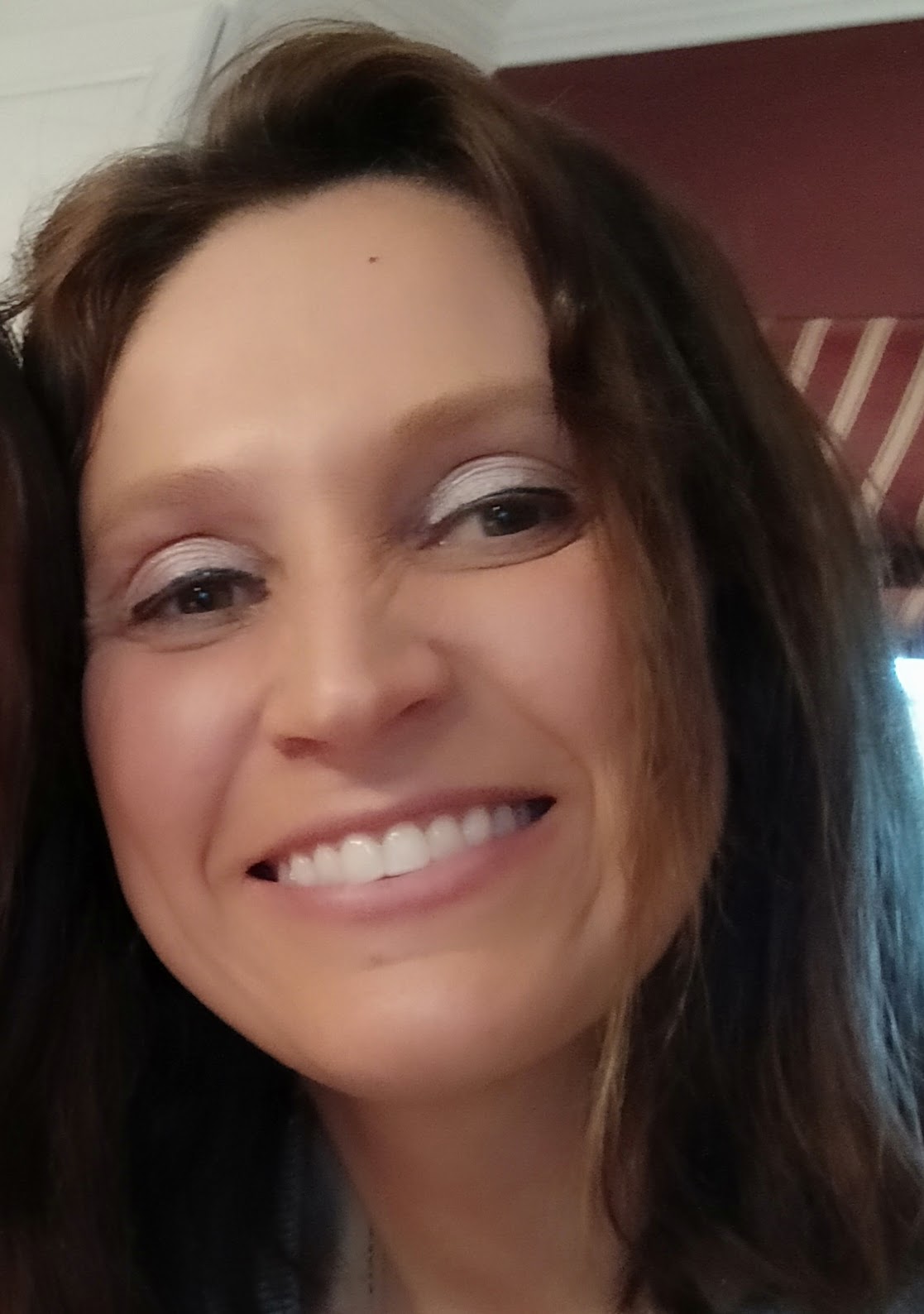 Nadra Lisha, PhD is an Assistant Professor in the Division of Prevention Science at the University of California, San Francisco (UCSF) Department of Medicine. As a biostatistician, their research focuses on the use of sophisticated statistical methods for addressing problems common in addiction-related research, including tobacco, missing data, comorbid conditions, and multiple drug use. They are an active collaborator, consultant, and co-author with numerous investigators, post-doctoral fellows, and other trainees primarily at UCSF. As a methodologist and statistician, a great deal of her published work typically comes from a group science approach with all publications including multiple co-authors. Her role is typically as a quantitative methodologist, and she helps in the planning and design of studies, monitoring of data collection and assurance of the quality of the data. She also serves as a mentor to postdocs and others when performing data management and routine and non-routine analyses, and to directly perform novel or advanced statistical analyses. Since 2014, she has served as a statistician on Dr. Ling’s U01 study evaluating novel interventions to prevent tobacco use among young adults in bars and nightclubs at CTCRE.
Nadra Lisha, PhD is an Assistant Professor in the Division of Prevention Science at the University of California, San Francisco (UCSF) Department of Medicine. As a biostatistician, their research focuses on the use of sophisticated statistical methods for addressing problems common in addiction-related research, including tobacco, missing data, comorbid conditions, and multiple drug use. They are an active collaborator, consultant, and co-author with numerous investigators, post-doctoral fellows, and other trainees primarily at UCSF. As a methodologist and statistician, a great deal of her published work typically comes from a group science approach with all publications including multiple co-authors. Her role is typically as a quantitative methodologist, and she helps in the planning and design of studies, monitoring of data collection and assurance of the quality of the data. She also serves as a mentor to postdocs and others when performing data management and routine and non-routine analyses, and to directly perform novel or advanced statistical analyses. Since 2014, she has served as a statistician on Dr. Ling’s U01 study evaluating novel interventions to prevent tobacco use among young adults in bars and nightclubs at CTCRE.
